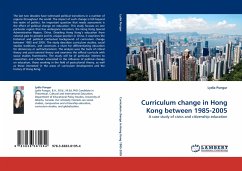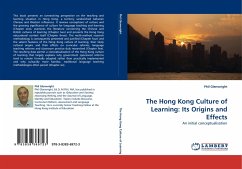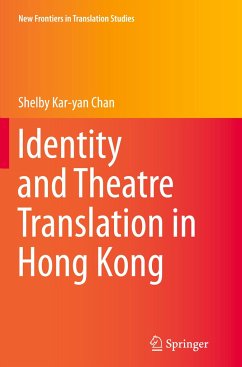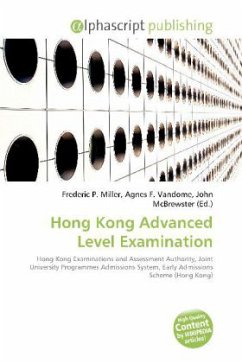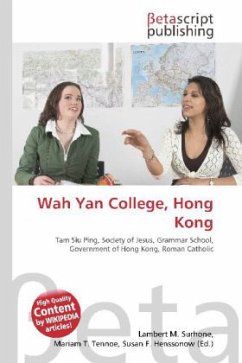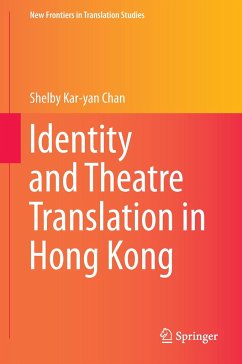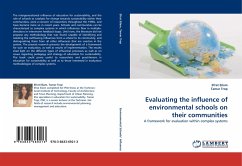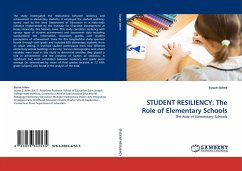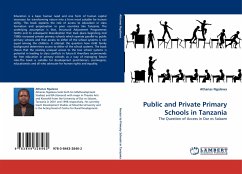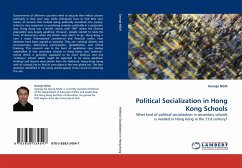
Political Socialization in Hong Kong Schools
What kind of political socialization in secondary schools is needed in Hong Kong in the 21st century?
Versandkostenfrei!
Versandfertig in 6-10 Tagen
52,99 €
inkl. MwSt.

PAYBACK Punkte
26 °P sammeln!
Governments of different countries need to educate their fellow citizens politically in their own way, while individuals have to find their own means of survival that include being politically socialized into society. School is very important in socializing students politically in a systematic way. Hong Kong was a British colony until 1997 where the Chinese population was largely apolitical. However, people started to taste the fruits of democracy when the British were about to go. Hong Kong is now a major international commercial and financial centre. Four elements have been argued as essenti...
Governments of different countries need to educate their fellow citizens politically in their own way, while individuals have to find their own means of survival that include being politically socialized into society. School is very important in socializing students politically in a systematic way. Hong Kong was a British colony until 1997 where the Chinese population was largely apolitical. However, people started to taste the fruits of democracy when the British were about to go. Hong Kong is now a major international commercial and financial centre. Four elements have been argued as essential. They are: national identity and consciousness, democracy/ participation, globalization, and critical thinking. This research was in the form of qualitative case studies undertaken in two secondary schools in Hong Kong: one patriotic school which is generally supposed to be more political, and one ordinary school which might be expected to be more apolitical. Findings and lessons weredrawn from the fieldwork. Hong Kong along with its schools has to find its own place in the new global era. The four elements identified in this study would appear to be crucial in achieving this aim.



